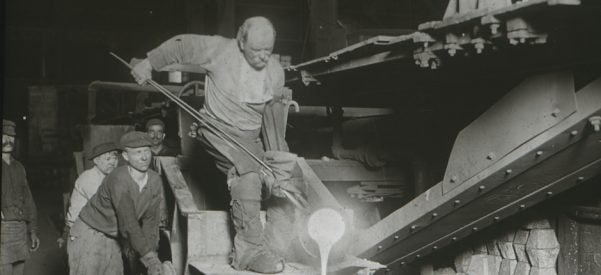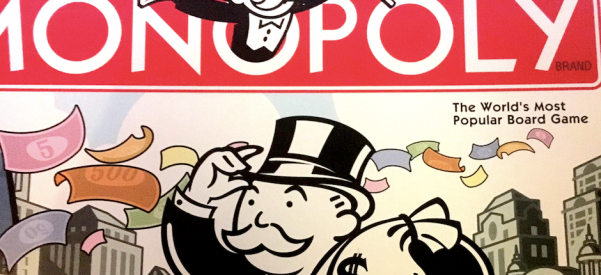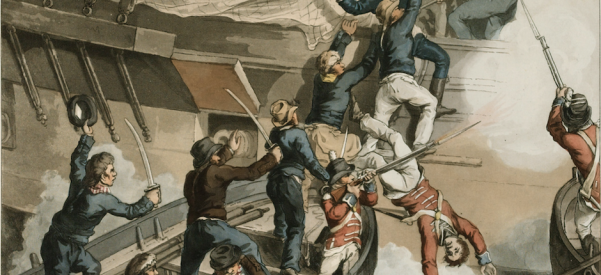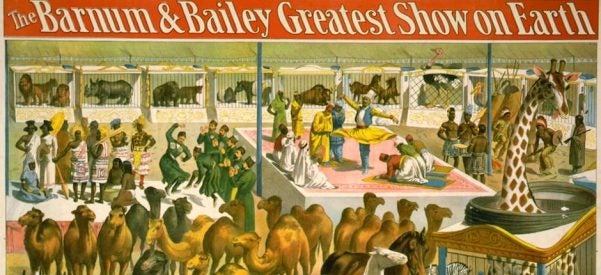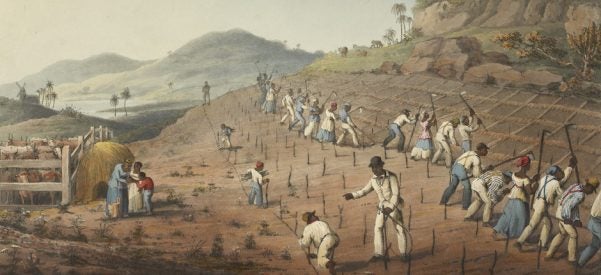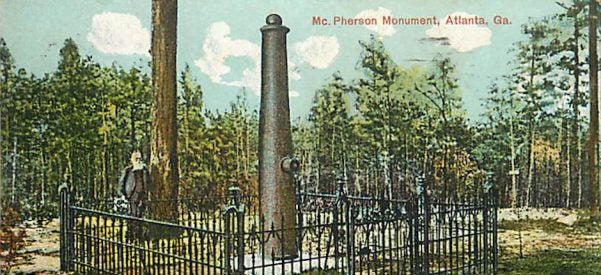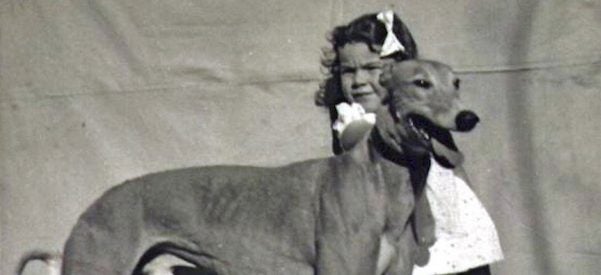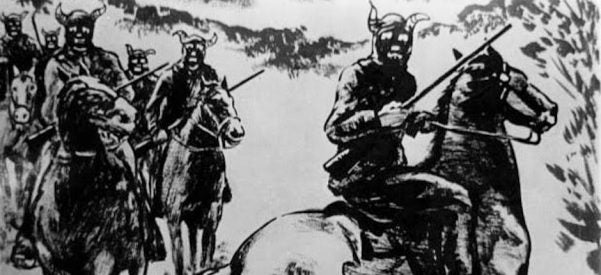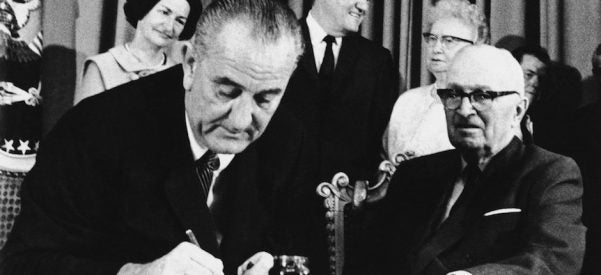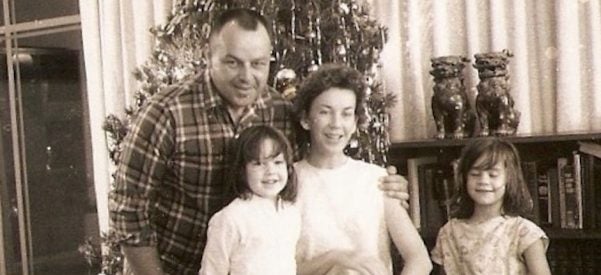How Andrew Carnegie’s Genius and Blue-Collar Grit Made Pittsburgh the Steel City
A Third-Generation Mill Worker Pays Homage to the Controversial Industrialist
I’m a retired steelworker—third generation at the Jones & Laughlin Steel Corp. on the south side of Pittsburgh. Both of my grandfathers were steelworkers, and my father was a first helper, meaning he was in charge of one of the steelmaking furnaces in the plant. When my father was ill and dying and on a lot of pain medication, he would mystify doctors with certain motions he would make with his hands and arms. But I knew right away that …


